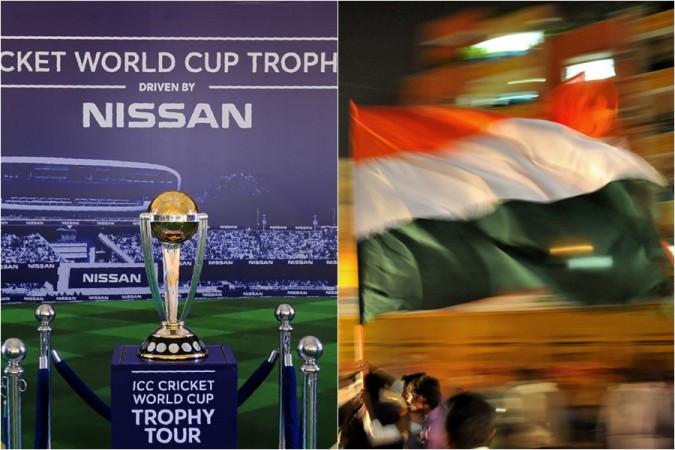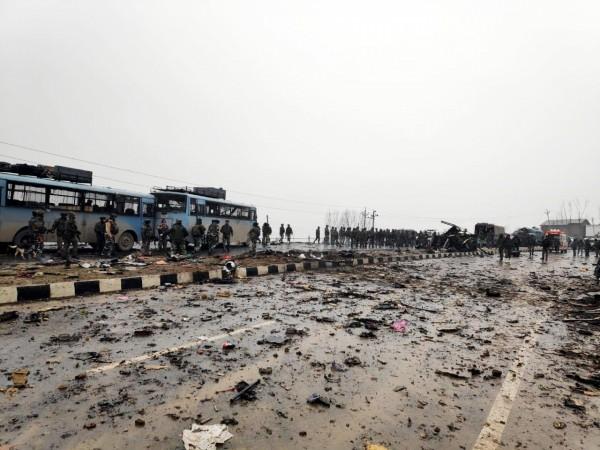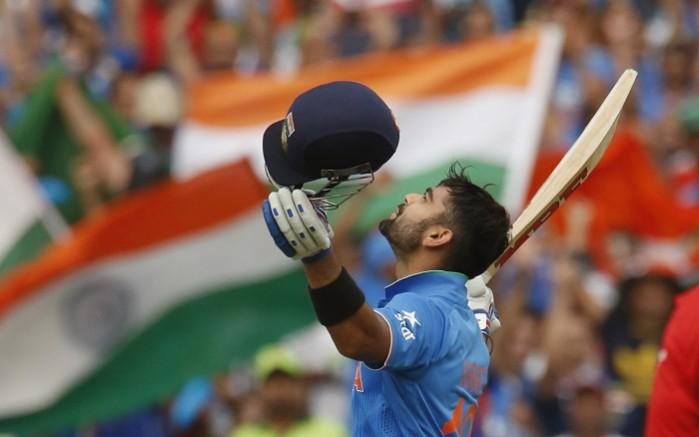At least 40 CRPF soldiers died in the Pulwama attack and life is always more important than cricket; the nation is, beyond reproach, more important than cricket. But why has the entire attention shifted completely to an event that is more than three months away; and if the World Cup has to indeed be the forefront of a reaction against Pakistan, why has there been no firm stands taken yet?
In the aftermath of the dastardly attack carried out by Pakistan-based terror group Jaish-e-Mohammad, there has been a unanimous cry to completely "isolate" Pakistan. In the last few days, cricket has taken the centre stage of this narrative with the upcoming World Cup being the crux of the discussion.
The sentiment of the nation is heavily bent towards boycotting the match against Pakistan that is slated to be played in Old Trafford on June 16.

A few days back a report started doing the rounds suggesting that on the directive of the government, the BCCI will send a letter to ICC asking the international body to ban Pakistan from the World Cup altogether. The letter did not see the light of the day and a different kind of concern was forwarded to the ICC after a meeting on Friday, February 22.
It was very obvious to everyone in the know that a letter of ultimatum would never be forwarded to the ICC as it would be voted out as soon as the motion would hit the floor during the international body's impending meeting at the end of this month.
In this regard, it must be noted that the BCCI is not what it used to be. Following the Supreme Court's decision of implementing the Lodha recommendations, the powers of the BCCI is basically academic and it is run by the Committee of Administrators.
Even on the international stage, BCCI is not the impregnable force that common perception in India would seem to indicate. The board's aura was convincingly destroyed in April 2017 when it lost a major vote in an ICC meeting wherein it wanted reform in the revenue and governance structure. Any phantom of fleeting invincibility was crushingly put to bed when it lost both motions by 2-8 and 1-9 margins.
The BCCI was well aware of this fact, especially after the decimation of 2017 and given its current constitutional situation, it can be ascertained that this directive definitely did not originate from within the board. This begs two very simple questions – is cricket being used as a deflection to a more serious problem and was this a case of some people in the know playing with the nation's sentiments?

India has stopped playing against Pakistan in bilateral tournaments but that has hardly served the required purpose. So, if India boycotts the match against Pakistan, they get the two points which gives them a chance to progress into the latter stages of the tournament. Current sentiment is calling for retaliation and if that is indeed the sentiment, why should India not play Pakistan and defeat them like they always have in the quadrennial tournament? What if India boycotts the match and then meets the very opponent in the semi-final or final? Will the nation be asking Virat Kohli's team to boycott that game too?
It is very easy to deflect the attention of a nation charged by emotion and hence these questions need pondering over – from the government and by the people.
If the decision indeed is to boycott, BCCI should boycott the entire tournament and ask ICC to go ahead with the World Cup without India. India is a financial power player in the world market of cricket and if a call is to be taken to pressurise a world body into a decision, it must be from a position of power. A World Cup without India immediately loses its shine, fan base and fanaticism. So, is boycotting a tournament and making the powers to be realise their loss not a better option than selective disqualification?

History has shown us that cricket was never the solution to political issues and it will never be the solution because there are more serious wrongs that need rectification. So ask yourself, are we really talking about the correct topic in the aftermath of the tragic incident?
Finally, India is one of the favourites to win the World Cup and so, ask the Indian in you – would it not be an infinitely better moment of international pride when an Indian is holding aloft the World Cup in the backdrop of a fluttering tricolour?








